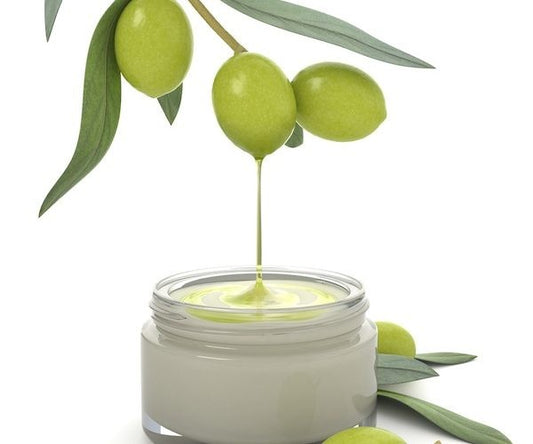
THE MUSIC OF PERFUMES
THE OLFACTORY PYRAMID: HEAD NOTES, HEART NOTES AND BASE NOTES
The link between perfume and music has ancient origins. In the 19th century, the Frenchman Septimus Piesse associated the concept of musical scale with perfume, linking the olfactory families to the notes of a scale. The concept of "note" in perfumery has remained from this association: fragrances are classified into three categories: high or top notes, medium or heart notes and low or base notes . Like the composer, the perfumer will have to use all the notes in order to create a balanced fragrance. The three "notes" of the perfume make up the olfactory pyramid , i.e. a visualization of their degree of volatility.
The top notes: the SI
They are the most volatile as they are no longer perceptible after 15 minutes. They are made up of molecules which, evaporating quickly, are the first to be perceived but also the first to vanish. They include olfactory families characterized by fresh and intense fragrances:
• Citrus : typical of eau de cologne.
• New freshness : similar to citrus but of synthetic origin and more persistent.
• Aromatic : used above all in men's fragrances as it is fresh and lively. Reminiscent of the smells of anise, ginger and eucalyptus.
The heart notes: the FA
They constitute the most important component to consider when buying a perfume as they start to feel after a few minutes but persist up to 4 hours. They include notes that create the so-called "trail of perfume".
The fragrances include:
• Floral : deriving from flowers that can be "rich floral" if luxurious like rose and jasmine or "fresh floral" if more delicate such as geranium, lily of the valley or freesia. Since natural fragrances are often very expensive, many resort to molecules of synthetic origin.
• Aldehyde : synthetic molecules which, combined with floral fragrances, give greater impetus and depth.
• Herbaceous : attributable to the nuance of the green color, from the leaves to the flowers, to the grassy ground. Associated with the floral family, they give greater naturalness. Unfortunately, the natural components of this category are few.
• Fruity : they give sweet notes reminiscent of pear, apricot, peach or raspberry. It is not always possible to obtain them from fruits, given their high water content, so they are largely of synthetic origin.
• Marine : they recall the scent of lake or ocean waters and are only of synthetic origin.
The base notes: the DO
Persistent olfactory notes that evaporate very slowly. They appear half an hour after application but can persist for more than 24 hours. While the top notes are responsible for the purchase of the perfume, the base notes are the ones that generate loyalty.
The base notes are divided into:
• Amber : they have balsamic or vanilla tones like myrrh and benzoin.
• Musk : sweet, enveloping and warm smells.
• Chypre : blend of aromas including jasmine, rose, bergamot, oakmoss and patchouli.
• Oriental : includes spicy notes, vanilla and patchouli.
• Woody : gives character to the fragrance. Often used for men's fragrances, they can recall either "dry woods" such as cedar or "soft woods" such as sandalwood.
• Cipriate : fragrance with warm and rounded notes, which often include the fragrance of iris.
• Fougère : blend of lavender, geranium, oakmoss, vetriver and coumarin.
• Leather : the main raw material used is birch bark. However, it also includes wilder notes such as musk, christ and tobacco.
• Spicy : with great personality, it gives sensuality and warmth. It includes cardamom, coriander, cinnamon and cumin.
• Gourmand : fragrance with sweet tones reminiscent of jams.
Natural or synthetic molecules?
Not only perfumes proper but also other cosmetics can contain synthetic fragrances. The use of some of these substances, especially phthalates , is controversial. In fact, they penetrate the body very easily and, according to some research, could cause health risks .
For this reason it is advisable to use products with natural fragrances, in which there is a total absence of synthetic molecules. In addition to not being dangerous to health, natural fragrances are more delicate and do not leave an overwhelming trail but are perceived as a small whispered surprise .


